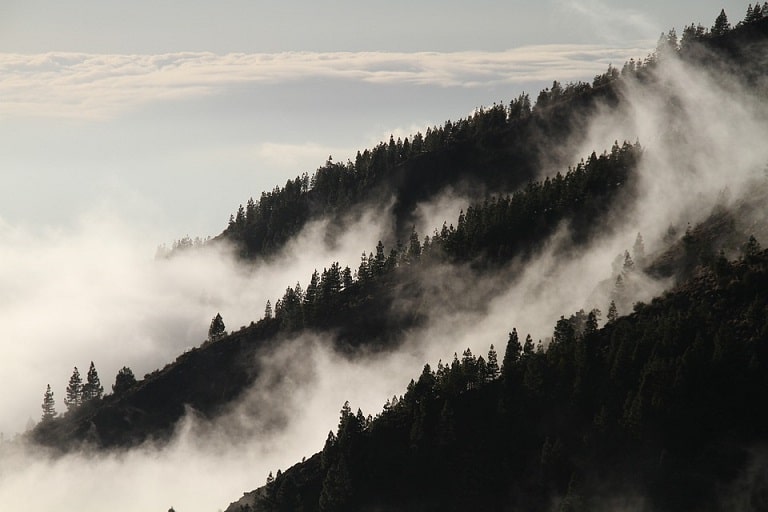Climate change and population pressures have led to citizens, especially those in the rural areas, suffering from severe water stress. This has had another unfortunate effect – young people leaving the rural villages in droves.
Unpredictable rainfall patterns and the depletion of natural water sources such as underground aquifers, especially in the south-west Sidi Ifni region, close to the village of Taloust have suffered the worst. Although the area is near to the coast, the region is also extremely arid as it borders the northern Sahara desert.
The average annual rainfall is less than 130mm and land degradation, desertification and the advance of the Sahara desert as well as recurrent cycles of intense drought followed by flash floods have led to the devastation of local infrastructure as well as deaths.
The Sidi Ifni region does have one precious resource however; fog, and this has led to an inventive, cost-effective solution to collect moisture from the thick sea mist around Lima being put in place.
Jamila Bargach, a resident of the area, said: We began to read about ˜fog harvesting’ projects around the world, and we wondered if we could repeat it here. Our observations started in 2006, and we saw that on average we have 143 days of fog a year.
About 600 square metres of mesh netting was erected to capture the moisture from fog the on the slopes of Mount Boutmezguida, which then condenses and drips into collection trays and is – for what is now the largest fog-harvesting project in the world, providing around 6,300 litres of water per day. This water is then filtered and mixed with underground water and piped to about 400 people in five villages.
Bargach, who is now director of non-profit organisation Dar Si Hmad, said that people were sceptical at the beginning of the project, but that people slowly started to become convinced as the nets they erected harvested the fog for drinkable water, and that the local women now call the nets their wells.
Get water cooler or water cooler accessories from Living-Water.






